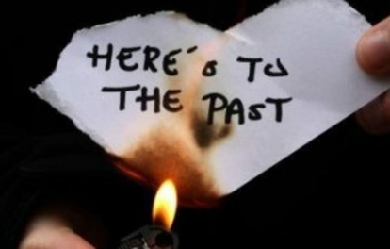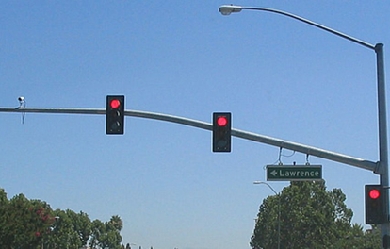Traces
"Every contact leaves a trace."
In forensic science, Locard's principle holds that the perpetrator of a crime will bring something into the crime scene and leave with something from it, and that both can be used as forensic evidence. Dr. Edmond Locard (1877–1966) was a pioneer in forensic science who became known as the Sherlock Holmes of Lyon, France.[1] He formulated the basic principle of forensic science as: "Every contact leaves a trace". It is generally understood as "with contact between two items, there will be an exchange." Paul L. Kirk[2] expressed the principle as follows:
Wherever he steps, whatever he touches, whatever he leaves, even unconsciously, will serve as a silent witness against him. Not only his fingerprints or his footprints, but his hair, the fibres from his clothes, the glass he breaks, the tool mark he leaves, the paint he scratches, the blood or semen he deposits or collects. All of these and more, bear mute witness against him. This is evidence that does not forget. It is not confused by the excitement of the moment. It is not absent because human witnesses are. It is factual evidence. Physical evidence cannot be wrong, it cannot perjure itself, it cannot be wholly absent. Only human failure to find it, study and understand it, can diminish its value.
In this short poem, I have extended that principle to say that whatever we do or say impacts those we meet, those around us. Let's make sure that the trace we leave behind is positive. That nice smile to your food server makes her day a little more pleasant.
#2022ContactTrace















